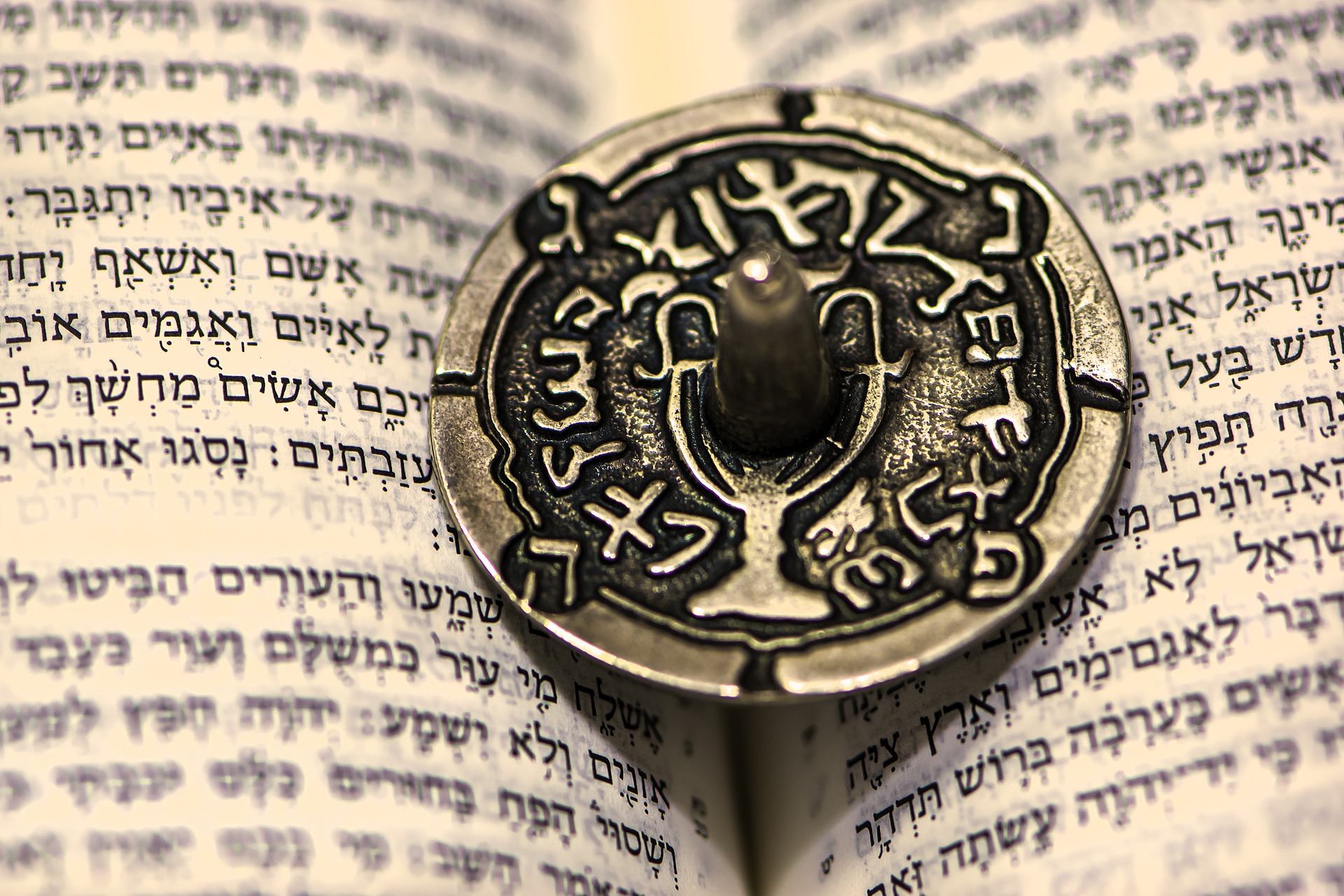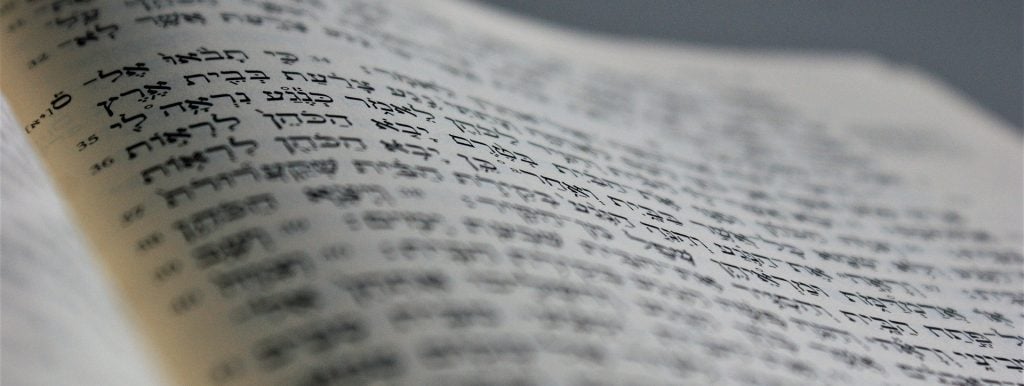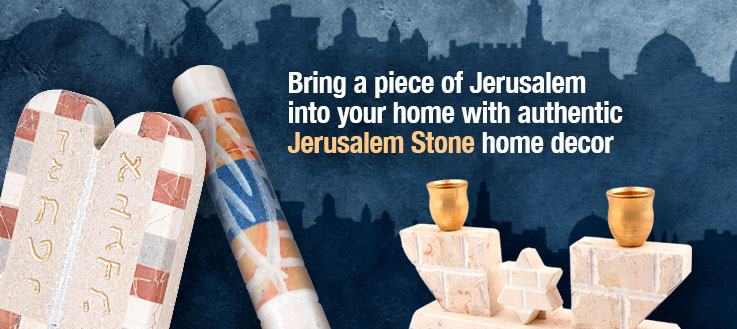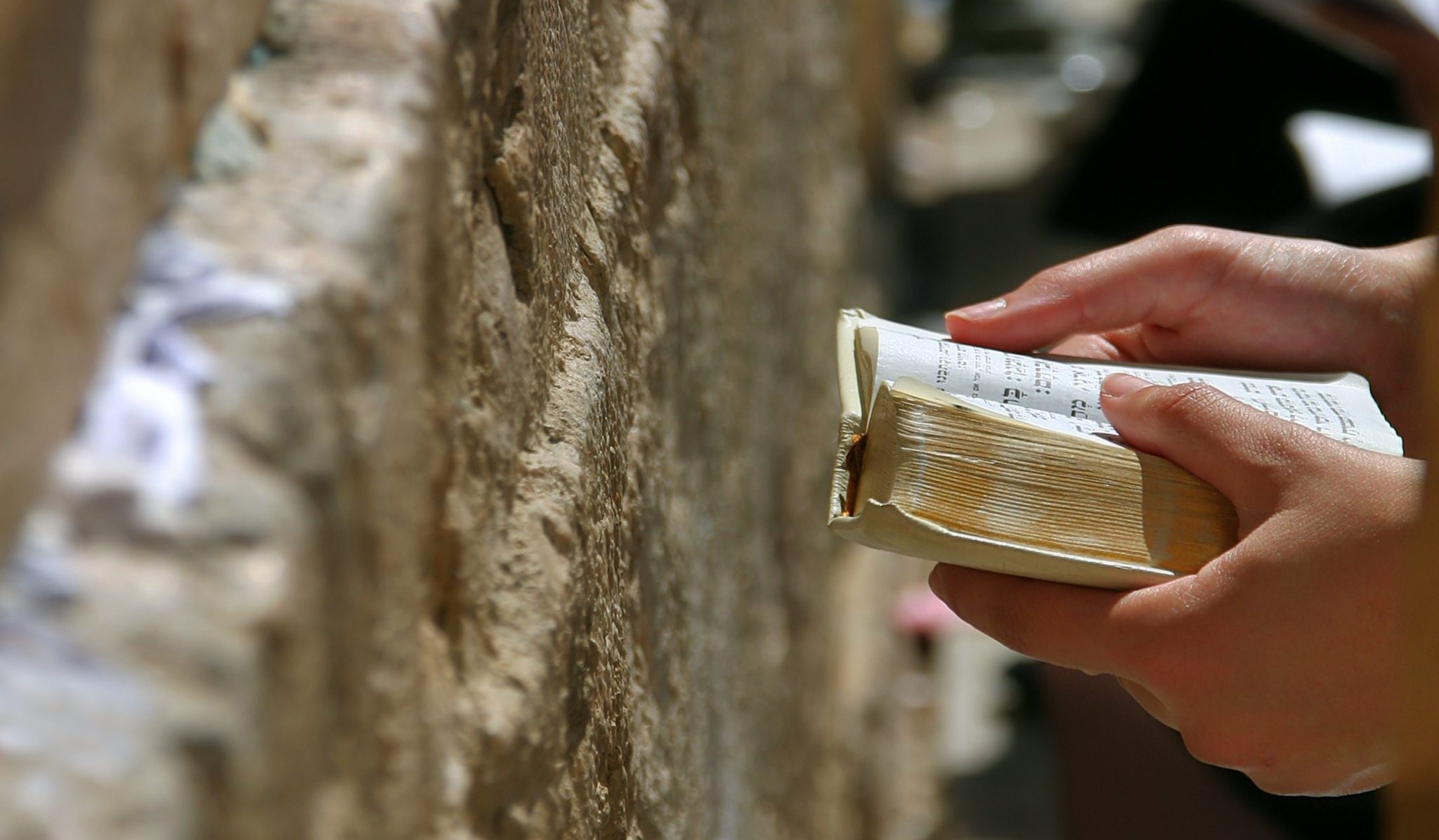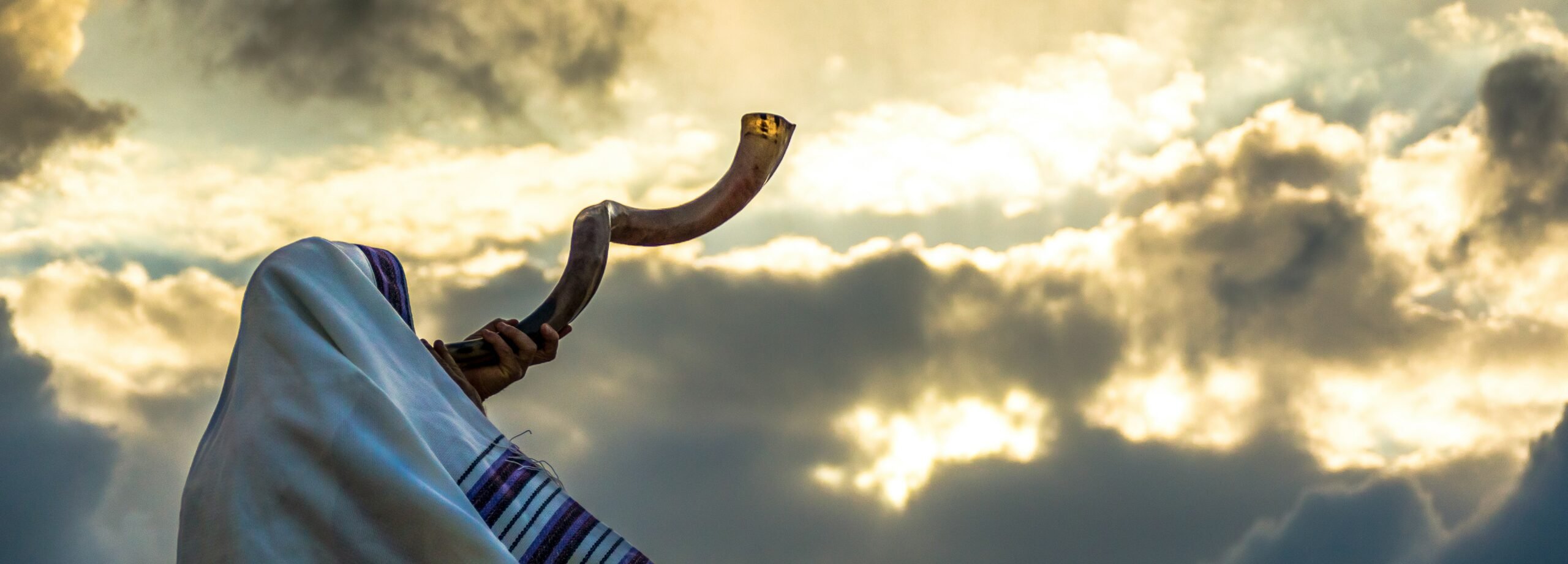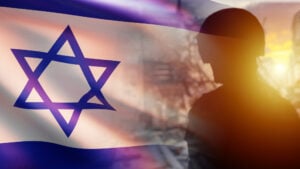The ancient Babylonian king Nebuchadnezzar destroyed Jerusalem and the First Temple and demolished the Kingdom of Judea during Biblical times, in addition to exiling most of its Jews. However, because the king wanted to put his newly acquired land to use, he allowed the poorest Jews to stay in Judea in order to cultivate and care for his vineyards, and he appointed the Jewish leader Gedaliah as governor of Judea under him.
Gedaliah was widely beloved and convinced the people to do Nebuchadnezzar’s work in the vineyards, which in turn granted them some protection from the Babylonian army. Jews in exile even heard of the relative security and prosperity under Gedaliah and some returned to Judea to live under him. As long as they worked for the Babylonian Kingdom, the Jewish people were able to live a peaceful life.
However, Gedaliah and his people ultimately met a tragic fate, and that is the reason we fast today.

What happened to Gedaliah?
While many loved the modest and wise Gedaliah, there were a few who did not. Ishmael, a descendant of the last king of Judea, despised Gedaliah for having been appointed ruler of the Jewish people and plotted to assassinate him. Gedaliah’s officer Yochanan had heard of Ishmael’s plan before Rosh Hashanah and warned Gedaliah of this threat, though Gedaliah refused to order to kill Ishmael and even invited him for a celebratory New Year’s meal. Despite his kindness, the meal ended in the death of Gedaliah and many of his followers, while Ishmael escaped into the nearby land of Ammon.
The death of the Nebuchadnezzar-friendly leader Gedaliah caused great panic among the Jews of Judea who feared for their security, and it resulted in the remaining Judean Jews fleeing to Egypt. Sadly, the Babylonian exile was now complete.
